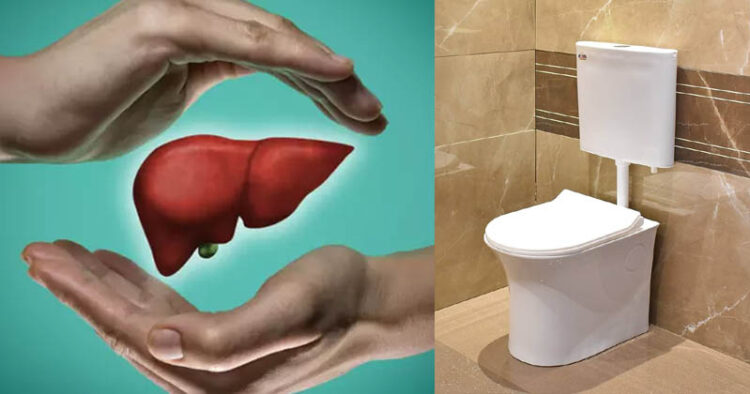 Liver disease haunts many of us as a result of not paying enough attention to liver health. The liver is the largest organ in the body. The truth is that neglecting liver health can put the entire body in crisis. Once the liver disease is affected, it starts affecting not only the liver but also every other organ of the body. It is very difficult to survive after complete liver damage. Abnormal weight loss, bloating, dark colored urine, loss of appetite, weakened immune system, depression, extreme fatigue, excessive sweating, high tension, bruising, yellow eyes and skin, any of these symptoms. If it persists, it is important to seek proper treatment immediately.
Liver disease haunts many of us as a result of not paying enough attention to liver health. The liver is the largest organ in the body. The truth is that neglecting liver health can put the entire body in crisis. Once the liver disease is affected, it starts affecting not only the liver but also every other organ of the body. It is very difficult to survive after complete liver damage. Abnormal weight loss, bloating, dark colored urine, loss of appetite, weakened immune system, depression, extreme fatigue, excessive sweating, high tension, bruising, yellow eyes and skin, any of these symptoms. If it persists, it is important to seek proper treatment immediately.
Dark yellow urine
Normally our urine has a slight yellow color. However, if you have liver disease, the urine will be very dark in color. Do not forget to see your doctor if you are passing thick, dark yellow urine. Make sure that liver disease is present or not by doing proper tests.
Dark yellow stools
After liver disease occurs, not only the urine, but also the feces will have a very dark yellow color. If you have persistent dark yellow stools, see your doctor immediately.
A thick liquid will come out
If your bowel movements are accompanied by thick, sticky, viscous liquid, it is a sign that your liver is in poor condition.
A bowel movements that is slightly brown and not cut or thin is ideal. This shows the healthy functioning of the intestines. The longer the stool stays in the colon and rectum, the darker the color of the stool. The stools are usually yellow, green, and brown in color. Bloody stools become black when they stay in the rectum for a long time. Stools may also be white in color. This could be due to problems with the gallbladder. As with urine color changes, monitoring stool color can be helpful in health care.




